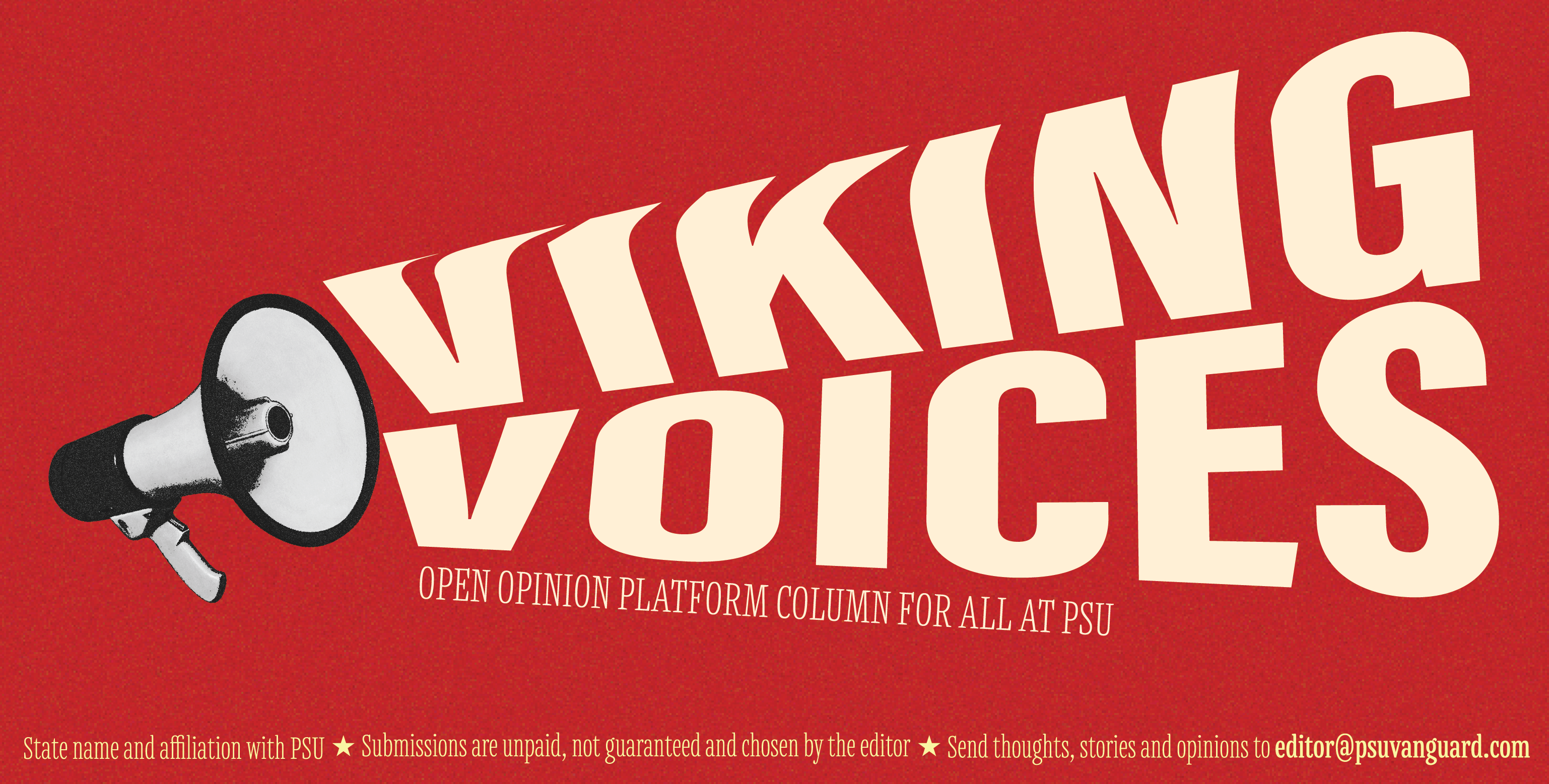For some college students, the purpose of getting a college degree is to gain access to a career that they could not have gotten otherwise.
In the “Gallup-Purdue Index 2015 Report on College Graduates,” alumni were asked to rate the value of their education. The central question for the data revolved around whether or not getting a degree is worth the cost.
In recent years, underemployed alumni were less likely to agree that their education was worth the cost compared to alumni who were employed full time or unemployed. Another key correlation from the report highlights the fact that alumni who earn more report a higher level of satisfaction with their education.
The more a graduate works and earns, the more satisfied they are with the decision to get a degree. So, how can a student improve the chance that they grab a high-paying, full-time job after school?
This article serves as the first of a three-part series that will address what Portland State students can do to get the most value from their time in college and earn better career opportunities than their peers.
Several helpful tips for students came from an interview with Greg Flores, PSU’s associate director of Career Services. According to Flores, experiential learning is a big part of a successful transition from student to professional. Entering the workforce with nothing but a bachelor’s degree on a résumé is not enough.
Students can gain necessary experience in the field they are interested in by completing internships or volunteering during school. Internships offer students the opportunity to apply classroom lessons to real life situations. Most students do not begin to pursue internship opportunities until they are near graduation, so it is important to start thinking about this early. Fewer internships mean fewer experiences and less on a résumé.
The biggest hurdle for students at PSU is balancing work and school. Flores estimates that around 70 percent of PSU students work and go to school already and have difficulty adding activities like internships to their schedule. Some students even delay their education in order to work. However, there are diminishing returns on putting off education.
Too many delays leads to overall reductions in lifetime earnings. The most important factor for students, according to Flores, is to do everything with intentionality. Deliberate actions and planning throughout your college career will translate into success in post-collegiate years.
To begin researching internships for a specific major now, consult a departmental webpage on the PSU website or the CareerConnect resource on the Advising and Career Services page.
Volunteering also contributes to the college experience and is another method of enriching your education through experiential learning while at PSU.
Volunteer work gives students the opportunity to broaden their skills and diversify a résumé by participating in activities related to their passions. Volunteer opportunities at PSU are ongoing and open to all students. An example from Dr. Barbara Brower of the Geography Department is the Portland Urban Coyote Project, which is open to all Portland residents. Being active in local projects gives employers a more complete picture of an applicant and can help students choose their field as they make their way through school.
Faculty member Mark Blackmore of the Math and Statistics Department was asked what he believes are important factors for success after college. According to Blackmore, success comes from learning accessory skills and being able to prove that they have that knowledge. Blackmore recommends a Microsoft Excel certification, taking Coursera courses to learn accessory skills, and becoming proficient in analytical/statistical methods.
The Gallup-Purdue Index report was pulled based on Blackmore’s recommendation. The report lists several important factors that are key to ensuring students see as much benefit from their education as possible. According to the report, students who felt their professors “cared about them as a person” and students who had a mentor “who encouraged [them] to pursue [their] dreams and goals” were 1.9 times more likely to strongly agree that their education was worth the cost.
The third place factor—students who encountered at least one professor who made them excited about learning—made them 1.8 times more likely to agree. Based on these figures it is evident that an important element to getting the most from education is forming one-on-one connections with an educator or professional during college.
Blackmore also mentioned these interactions as being uniquely important to success after college. It is imperative to start forging these types of connections for students right now. Professors are available on campus everyday with underutilized office hours, but what about mentors?
Mentoring programs are organized differently depending on major. To find information on mentoring programs search the PSU webpage for department-specific information.
Getting good grades in college is the bare minimum. If you only leave college with a degree you are doing yourself a disservice. PSU students are given the opportunity to gain so much more than a single line item for the education section of their résumés, and the only factor preventing students from doing more is themselves.
The next article in this series will take a more in-depth look at the experiential learning side of this equation.
Related upcoming events and relevant resources:
•Attend the Job Fair on Oct. 18
•Use CareerConnect to find jobs and internships
•Advising and Career Services is located on the fourth floor of the University Services Building.
Check out next week’s issue for part two.






